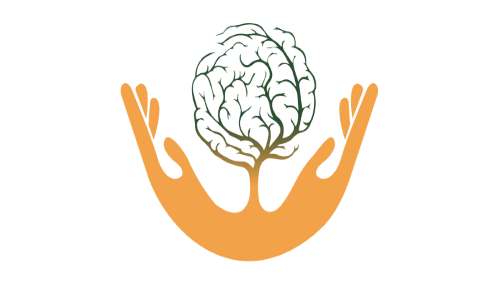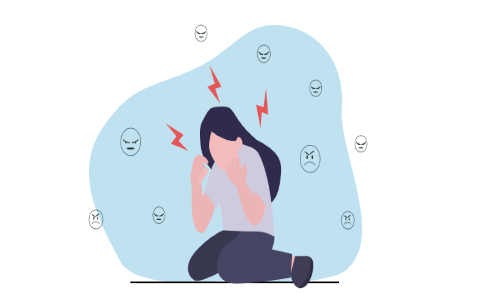
Live – Energy to Mind: The Neuroscience of Metabolism and Mental Health
Open to access this content

Open to access this content

Open to access this content

Open to access this content

Open to access this content

Open to access this content